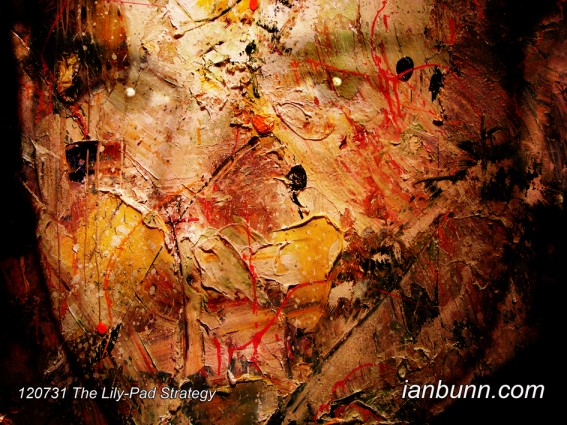 New form of feminism devoid of social justice (April 28 2013)
New form of feminism devoid of social justice (April 28 2013)
Catherine Rottenberg the Israeli Assistant Professor in the Department of Foreign Literatures and Linguistics and the Gender Studies Program at Ben-Gurion University has published an article on Aljazeera titled ‘Hijacking feminism’, arguing that powerful women are introducing a new form of feminism devoid of social justice. Rottenberg states “A new trend is on the rise. Suddenly high-powered women are publically espousing feminism. In her recently published book, Lean In: Women, Work and the Will to Lead Facebook’s chief operating officer Sheryl Sandberg advocates for a new kind of feminism, maintaining that women need to initiate an “internalised revolution”. Sandberg’s feminist manifesto comes on the heels of Ann-Marie Slaughter’s much- discussed Atlantic opinion piece, “Why Women Still Can’t Have It All”, which rapidly became the most widely read essay in the magazine’s history. In her piece, Slaughter explains why professional women are still finding it difficult to balance career demands with their wish for an active home life: social norms and the inflexibility of US workplace culture continue to privilege career advancement over family. The buzz that has surrounded these two “how-to-reinvigorate-feminism” programmes suggests that Sandberg and Slaughter have struck a deep cultural chord. Indeed, the two women are quickly becoming the most visible representatives of US feminism in the early 21st century. …Articulated at a time when Western liberal democracies are loudly decrying women’s lack of freedom in the Muslim world while lionising gender equality in their own societies, it actually makes a kind of cultural sense to shift the conversation away from the gendered division of labour and profound social injustices upon which US liberalism itself is constituted. The turn to the language of balance, internalising the revolution and a happiness project, in other words, puts the burden of unhappiness, failure and disequilibrium once again on the shoulders of individual women while diverting attention away from US self-scrutiny with respect to its own “woman problem”. “
Inspired by Catherine Rottenberg, Aljazeera ow.ly/jBfip Image source bgu ow.ly/jBfha


